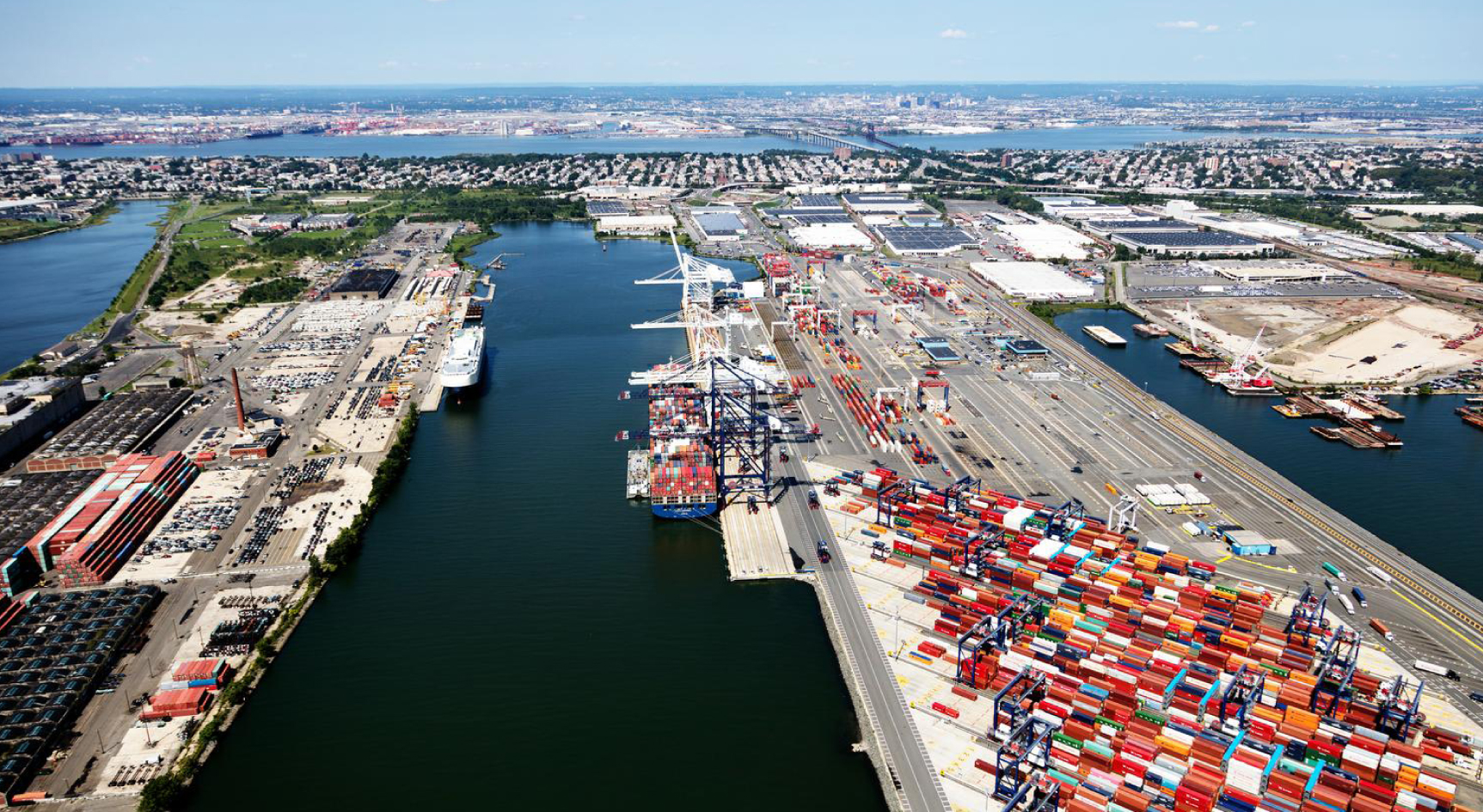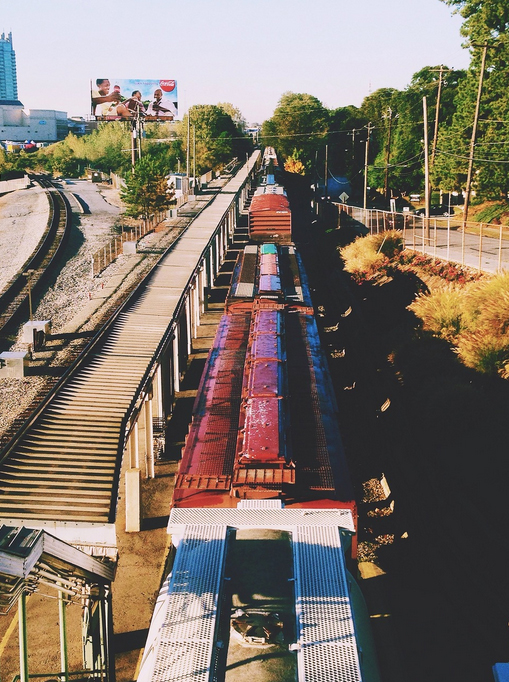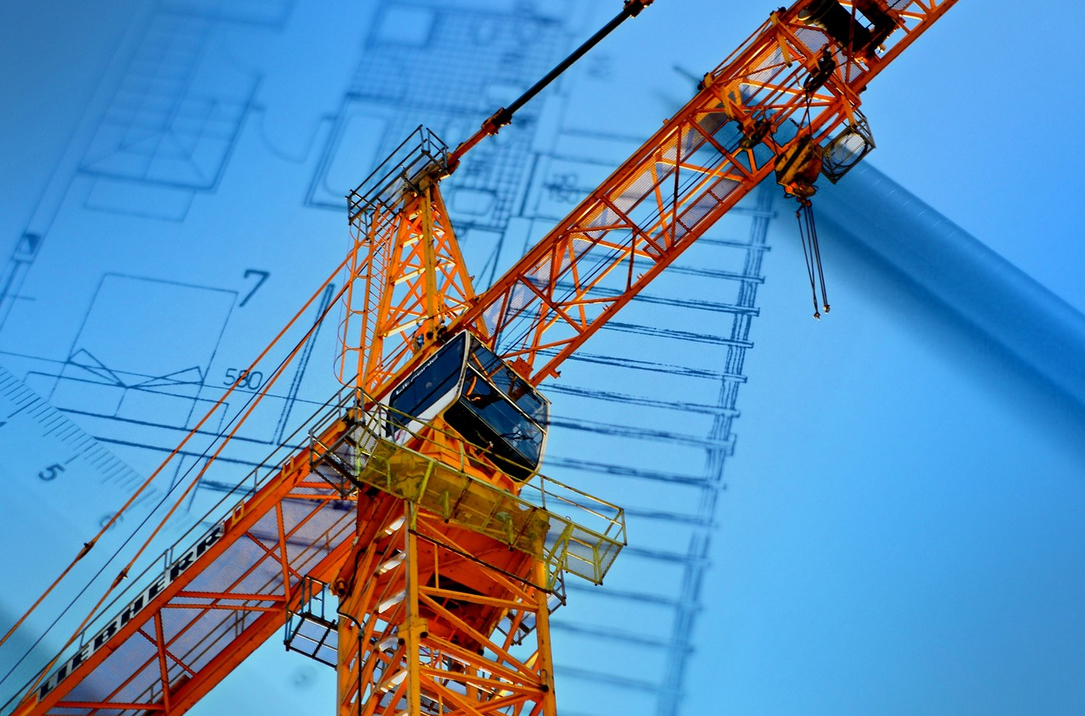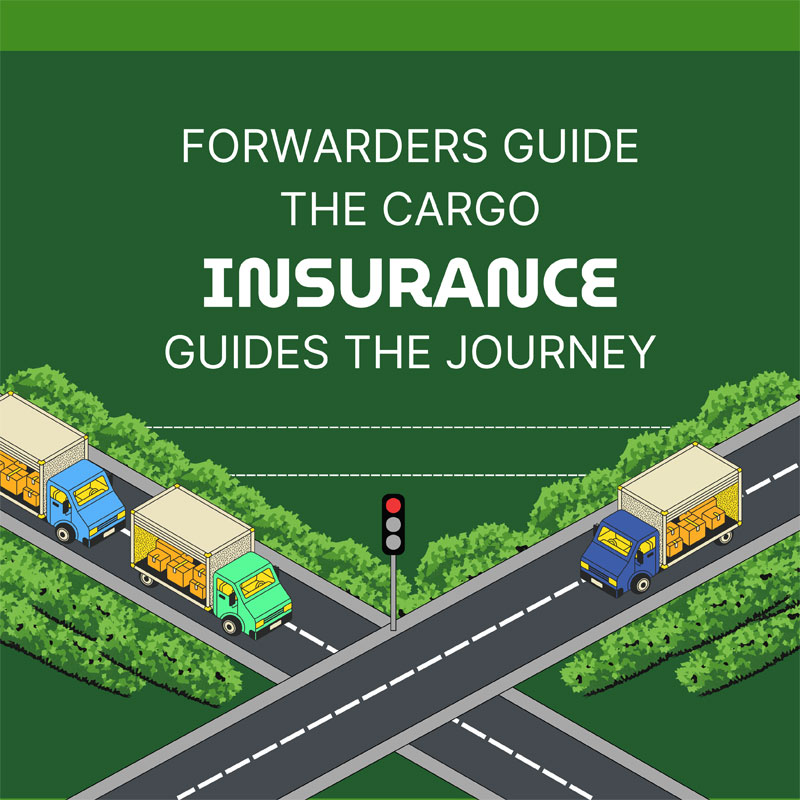8 JULY, 2020 | 8 MIN READ
Covid-19 insight - Marine, logistics, and construction insurance
 Image by Carol M Highsmith on Raw Pixel
Image by Carol M Highsmith on Raw Pixel
The coronavirus pandemic is causing widespread concern in the world of commerce as well as economic hardship for consumers, businesses, and the communities they operate in. While plenty of companies have business continuity plans in place, most don't address the speed of an outbreak like this, its seriousness, or the many variables it involves. This is very different from the usual natural disasters, cyber threats, power outages and other risks we faced in the pre-Covid world, and the quarantines, school closures, and travel restrictions we're seeing are not accounted for by insurance policies.
Here's some insight into how the Covid-19 crisis has affected our main product lines: marine insurance, logistics insurance, and construction insurance.
COVID-19 AND MARINE INSURANCE
As you can imagine, the global marine industry is experiencing significant disruption. The virus' impact on global transport and supply chains is profound, with limited workforces available at every key point of the supply chain leading to a reduced capacity to distribute goods.
It's already clear that cargoes are being held for longer at ports, with an increase in demand for storage. Delays to the ordinary course of transit are already significant and because most cargo and stock throughput policies exclude loss or damage by delay, financial issues are looming for many in the marine sector.
Extra costs are piling up thanks to hold-ups, and deliveries being re-routed to alternative destinations thanks to government bans. While these are usually sub-limited, the additional forwarding costs clause gives extra financial support if a firm faces extra expenses on top of its usual outgoings.
Vulnerable and perishable goods like food and pharmaceuticals depend on timely delivery, and temperature sensitivity of goods could mean they go over their shelf life, and have to be thrown away – potentially a large financial loss.
Altogether it looks like Covid-19's impact on marine insurance will be both short and long term. Policyholders could suffer thanks to travel restrictions, business closures, and shifting supply chains. Marine insurers could find themselves struggling with business infrastructure issues, problems with government and regulatory matters, reduced consumer demand, and of course operational and supplier problems.
We have already seen disruptions to many worldwide supply chains, with some businesses trying to renegotiate supply contracts and even delay payments. Cargo terminals are quickly attracting vast amounts of stored cargo, ships and crews are being quarantined, deliveries are being delayed, and if a supply chain experiences a single failure that breaks the chain, a domino effect isn't uncommon.
In a landscape like this insurers need to figure out how to treat non-disclosure and non-compliance. We might see a flurry of insolvencies and even an increase in fraudulent claims as companies fight to survive against the odds. The one thing we're not expecting to see is a collection of new, innovative insurance products designed to deal with the new risks we all face. We are, however, hoping to see a gradual end to the current vulnerabilities that so many 'just-in-time' supply chains suffer, with a shift to more local, less vulnerable supply chains in future.
Our insurance partners will probably need to change the way they underwrite marine risks. The gradual move to automation that we've seen in underwriting might increase, and markets previously operating face to face, like Lloyd's, might never return to their original format.
Right now, worldwide, we're seeing big shipping claims at a record low. They've dropped like a stone by more than 20% since this time in 2019, according to a report by Allianz Global Corporate & Specialty SE’s, mostly because there are fewer ships sailing the oceans right now. On the other hand the virus isn't going away any time soon, which could lead to very difficult operating conditions as well as more sharp economic downturns.
 Image by Pixabay
Image by Pixabay
COVID-19 AND LOGISTICS INSURANCE
The Covid-19 Crisis has seen logistics companies determined to keep pipelines for transporting consumer goods open as far as possible. As the crisis deepened, less supply meant costs went up. Now just-in-time manufacturing and transport are being challenged simply because so many Asian factories are working at much less than 100% capacity, sometimes as low as 40%. At the same time many ships aren't sailing and ports remain closed. As a result logistics businesses are behaving in new ways. They're creating crisis management plans designed to cope better with supply chain problems. Dual sourcing is a big thing, where a business taps into two separate seagoing logistics companies, more than one manufacturer, even several carriers, thus spreading the risk. This also means they can react faster to business interruptions in future. At a time like this good communications across the entire supply chain are essential if you want to quickly identify pain points and react fast. When you know where a supply chain's weakest links are likely to be, you can plan more effectively.
COVID-19 AND THE CONSTRUCTION INDUSTRY
Some countries haven't officially shut their construction sectors down. All the same, construction companies have had to put in place social distancing, PPE, site welfare reviews, new facilities, and different working conditions designed to keep employees and site personnel safe.
At the same time supply chains for building materials have either collapsed altogether or been badly damaged, which has led to claims on contractors’ all risks (CAR) cover and delay in start-up (DSU) policies, both of which can compensate for site closures and other delays.
All this means insurers have received a lot of new claims, which are being handled on an individual basis thanks to the unique situation the world faces. They're busy formulating responses to these claims, as are loss adjusters. It's vital to understand the individual circumstances of every claim: the nature of those involved, the circumstances, and who has suffered a loss. If building has been delayed, contracts will need to be reviewed. The effects of changing social distancing and government guidelines means it's a challenge to find a way through this dynamic, fast-changing situation.
Different policy extensions, and the nuances of the fine print, are becoming more important than ever, carefully reviewed in the context of each claim. And a lot of new questions need to be asked. Does the virus fall inside the infectious disease extension? Should the insurer create an extension to add to the policy? Is the site closed because of the virus or has there been an outbreak nearby? Are there any other delays that might arise from an existing delay?
 Image by Convegni Ancisa on Pixabay
Image by Convegni Ancisa on Pixabay
THE FACTS MATTER MORE THAN EVER BEFORE
Insurance has always been about facts. Now facts, clarity and transparency matter more than ever, and they matter to everyone involved, from employers to contractors, brokers, adjusters, and insurers. Only when we fully understand every aspect of the risks involved can we help bring clarity.
We are doing everything we can to support our insurance partners, our policyholders, and everyone else involved in providing top class cover in these difficult times. We're rising to the challenge posed by the virus so that you can get back to normal as quickly as possible.
If you need our help, feel free to get in touch.
NOT UP-TO-DATE WITH OUR MONTHLY ARTICLES? FIND ISSUES HERE
IF IT CAN HAPPEN THERE, IT CAN HAPPEN ANYWHERE. OVERCONFIDENCE IS USUALLY HOW LOSS SNEAKS IN
AKTIV ASPAC AT MIAPEX 2025:
WHERE COMPLIANCE MEETS CONNECTION
TRANSPORT LITHIUM BATTERIES SAFELY – A RISK & INSURANCE PERSPECTIVE FOR FREIGHT FORWARDERS
ERRORS & OMISSIONS
GROWING A PICKLEBALL BUSINESS? DON’T OVERLOOK INSURANCE
MALAYSIA'S DRAMATIC MONSOON FLOODS - HOW INSURANCE HELPS
A YEAR TO REMEMBER - 2024 TYPHOONS, FLOODS, SHIPWRECKS AND SINKHOLES
PROSTHETIC PIRATE LEGS, RIVERBANK COLLAPSES, HALF A MILLION JOBS IN AI AND MORE
BOOMING INDUSTRY, POTHOLES, MID-AIR THEFT AND EMPLOYEE SHORTAGES
UNSEEN INSURANCE STORIES BEHIND THE HEADLINES
